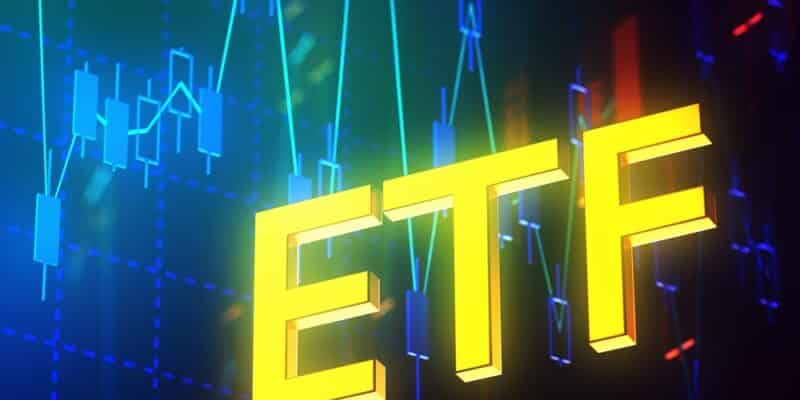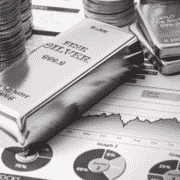A flourishing edge of the $6.2 trillion ETF market is sending out ominous signals about the path ahead for US supplies.
Trading in inverse ETFs — lorries that win when the market loses — is overshadowing task in bullish leveraged products by the widest margin since the monetary crisis, according to data from Bloomberg Intelligence.
That resembles a fresh sign of breaking down view as the most aggressive Federal Get policy considering that 1994 fuels a bearishness with few precedents. Leveraged long funds are generally extra preferred than their bearish equivalents as investors seek to turbo charge any market gains.
Since dip-buying desire is vaporizing, being changed by demand for hedges in the middle of this year’s wide supply losses.
“It makes sense to see inverse ETFs becoming a lot more popular and obtaining inflows,” claimed Peter Chatwell, head of global macro methods trading at Mizuho International Plc. “For real money financiers, downside defense of a portfolio is challenging ahead by, specifically in a rising return setting where federal government bonds don’t function well as a bush.”
Generally, set revenue would certainly exceed in a reducing economy, acting to counterweight dropping equities. But the prospect of ever-tighter plan, rising cost of living that keeps climbing in spite of it, as well as a looming recession are squashing both supplies and also bonds.
The rise in inverted ETF activity looks specifically bearish since even more of the products utilize take advantage of than throughout the financial dilemma. In fact, 6 of the 10 most significant inverted ETFs intensify their upside down returns.
The largest is the ProShares UltraPro Short QQQ (ticker SQQQ), which supplies three times the inverse efficiency of the tech-heavy Nasdaq 100 Index. Its properties struck an all-time high of $4.1 billion last week. At the same time, cash in its favorable leveraged equivalent, the ProShares UltraPro QQQ (TQQQ), was up to the most affordable in more than a year.
“It reveals the lack of conviction in the market — capitalists are marketing the rallies now versus getting the dips,” claimed Athanasios Psarofagis, an ETF expert with Bloomberg Knowledge. “You can see the total change in belief, even during March ’20, financiers were buying the dip.”







Comments